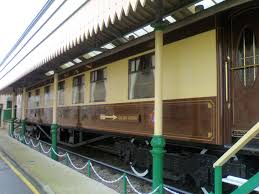Closing out my 2023 genealogy presentations and doing contracts for 2024 and 2025
Last evening I had the honor of presenting “How to Drag Your Family into Genealogy” during the virtual annual meeting of the Texas State Genealogical Society (TxGS). I was impressed at the reporting of the extent of educational activities and volunteerism in the TxGS. It was also nice to see some long-time friends from Texas and elsewhere via Zoom. Some of us have known each other for 30 years.
This was my last presentation for 2023. It’s been a wild year with presentations for historical and genealogical societies, a group from an apartment complex, and in four different institute courses plus Legacy Family Tree Webinars. Be sure to join LFT Webinars for just $49.95 to enjoy the 2100+ webinars, 8000+ pages of syllabus materials, and lots of great worldwide education My affiliate link to join for a year: http://legacy.familytreewebinars.com/?aid=1739
I’ve been updating my 2024 speaking calendar and have a couple more to add soon. If your organization is looking for a single presentation or an all day event (3-4 topics), let me know and I will send you my preliminary information with my background, rates, and some other details. Email: PaulaStuartWarren @ gmail.com
I will be updating my list of topics to note some that have been updated and adding a couple new titles. Several of the topics have added content depending on the area to which I am presenting.
Are you ready to start writing 2024 in a few weeks?
